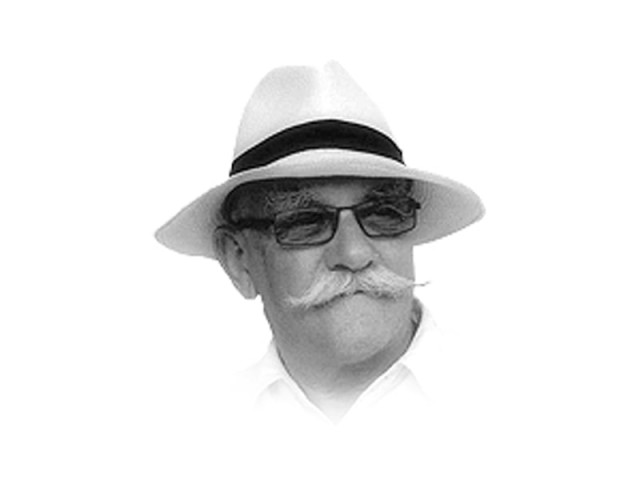Meet the Invisibles
These invisible women, and tens of thousands like them, go about their business quietly and without fuss.

Meet the Invisibles
They thought it very strange to meet an aging gora with a tiny baby and Mum off in the UK — but they went about their business in the bustling way that LHWs all over the country seem to have, and have stayed in touch ever since, fettling the babes that pass through the house as the need arose.

These women, and tens of thousands like them, go about their business quietly and without fuss (unless they have not been paid for many months as has recently been the case, in which event they can be highly vocal) and are the backbone of primary child healthcare in Pakistan. They come mostly from poor backgrounds and are poorly paid when they are paid at all. They go from house to house in all weathers and can be on the receiving end of some serious abuse. Some are killed every year in the line of duty.
I first came across the Invisibles more than 20 years ago, when I was just getting to know my home village — a dusty and crumbling collection of ochre houses to the east of Firoza. Desperately poor, scratching a living from soil that is increasingly saline. Unfortunately, the human crop of infants, unlike the agricultural crops, never seems to fail or be affected by the weather.
And I discovered just why it was that my sister-in-law had a steady stream of women and babes in arms coming to her compound. She was an Invisible and she held the village stock of condoms, as well as what was at that time the only refrigerator in the village that was home to her stock of vaccines. Some days she would load up her icebox and walk off into the desert, going for miles to reach the nomadic groups that move from waterhole to waterhole, and was occasionally away overnight. She still does it, but nowadays goes to the desert less often and has a small dispensary — and a very large fridge — in her home.
Fast-forward a few years and you find me battling the forces of darkness in the Shia enclave of Nagar, north of Gilgit. The Invisibles really were in Nagar. Invisible. Because there weren’t any. As general manager of an NGO delivering health and education services to one of the most under-developed parts of what was then known as Northern Areas, trying to recruit and train local women as LHWs was a rolling nightmare.
The nightmare began to fade when one brave young woman came to the office — alone — and announced her desire to be an LHW. She was signed up on the spot, and went on to become a leading voice in the public and child-health sector. And there are dozens of LHWs in Nagar today.
But back to the Invisibles sipping chai on my sofa. They were intrigued that I had a detailed knowledge of the situation Pakistan was in regarding the battle against polio, and told their own tales.
In terms of herd immunity to a range of childhood diseases Punjab is relatively well off, and polio a real rarity. The vast majority of families welcome the Invisibles into their homes as I did long ago, but there are pockets of resistance, especially to polio vaccination, and they said that virtually all the refusals they got were from Pakhtun families. They said that vaccine resistance was promoted by some clerics in the city and that they had protested, but apparently to no avail.
The Invisibles went off — both having offered me their hands to shake and I can report a very firm Invisible grip — and I was left pondering the debt that every one of us owes these women. Tootle-pip!
Published in The Express Tribune, September 25th, 2014.
Like Opinion & Editorial on Facebook, follow @ETOpEd on Twitter to receive all updates on all our daily pieces.















COMMENTS
Comments are moderated and generally will be posted if they are on-topic and not abusive.
For more information, please see our Comments FAQ